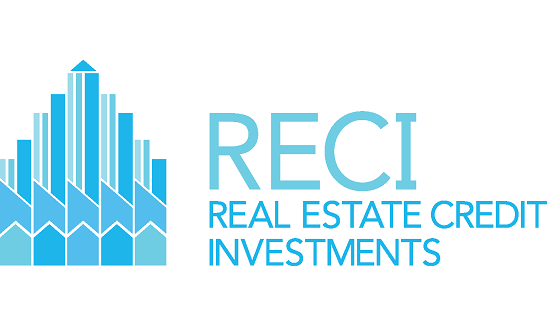When banks pull back, opportunity knocks for those with capital and conviction. As mainstream lenders retreat under regulatory strain and market uncertainty, a new class of sophisticated private credit providers is emerging as the lifeline developers need to keep projects moving and margins protected.
Traditional lenders are facing a convergence of pressures—higher interest rates, tighter regulations, cost volatility, and complex planning frameworks. These challenges are making it nearly impossible for many developers, especially in the small to mid-sized segment, to secure financing from banks. Meanwhile, a wave of maturing debt is flooding the market, with limited refinancing options available. In this environment, developers are increasingly turning to private credit providers who are more nimble, more specialised, and more willing to understand the nuances of project risk.
Private lenders are leveraging their deep sector expertise to assess project viability in ways that traditional banks often cannot. These lenders aren’t just offering capital—they’re delivering bespoke solutions tailored to the real-time dynamics of construction, location, and regulation. They consider not only conventional metrics, but also factors like live rental income, site adaptability, sponsor experience, and regional demand shifts. This flexible underwriting approach is essential in today’s unpredictable development climate.
The rise of private credit has been nothing short of dramatic. Globally, assets under management soared from $1 trillion in 2020 to around $1.5 trillion at the beginning of 2024. Projections suggest this figure could surge to $2.6 trillion by 2029. Importantly, the cost of private credit—once seen as a premium-priced, last-ditch solution—has become far more competitive due to the rising cost of traditional bank finance. Sophisticated structuring tools like back-leverage and blended senior/alternative debt packages are making it even more attractive for developers, optimising returns without sacrificing flexibility.
In underwriting loans today, lenders must go well beyond static credit scores. Real-time market intelligence, planning insight, and inflation buffers have become critical components of any robust credit decision. Lenders now factor in how planning delays might affect project timelines, how rising material and labour costs could impact overall budgets, and how shifting demand patterns influence projected sale values. Crucially, if a site can generate income during the construction phase and service its own debt, it gains significant favour with lenders.
This is why private credit is becoming the preferred option, not a fallback. Institutional capital, family offices, and high-net-worth individuals are increasingly channelling funds into this space, drawn by attractive, risk-adjusted returns and the resilience of the underlying assets. For developers, this means access to funding that is both innovative and grounded in sector expertise—something conventional lenders are no longer positioned to offer at scale.
The market landscape is also working in favour of real estate debt investors. Despite broader volatility, real estate spreads have seen only mild widening compared to other sectors, underpinned by the sector’s relative insulation from tariffs and economic slowdown. Rents and leases tend to remain stable even in downturns, and many firms have minimal direct exposure to US tariffs. Lower interest rates and flatter curves are also helping to cushion the impact, especially for European firms whose property valuations and yields are already relatively elevated.
Moreover, real estate may benefit from macro trends like nearshoring and capital relocation into Europe, particularly in logistics and infrastructure. German infrastructure investments and EU-wide supply chain realignment are contributing to more robust fundamentals in specific real estate subsectors.
The EPRA Developed Europe Real Estate Index, while down recently, has outperformed broader equity benchmarks, highlighting the sector’s relative stability. European real estate spreads are also nearing parity with Corporate BBBs—suggesting confidence in the market’s ability to withstand further shocks. Even in the event of a mild European recession, the real estate debt market appears better positioned than many other sectors.
For investors, the message is clear: private credit is not just filling a gap left by banks—it’s redefining the future of real estate development finance. The best returns will come to those who pair capital with insight, structure with adaptability, and risk with understanding. As traditional lending models falter, private credit is not only stepping up—it’s taking the lead.
Real Estate Credit Investments Limited (LON:RECI) is a closed-end investment company that specialises in European real estate credit markets. Their primary objective is to provide attractive and stable returns to their shareholders, mainly in the form of quarterly dividends, by exposing them to a diversified portfolio of real estate credit investments.






































